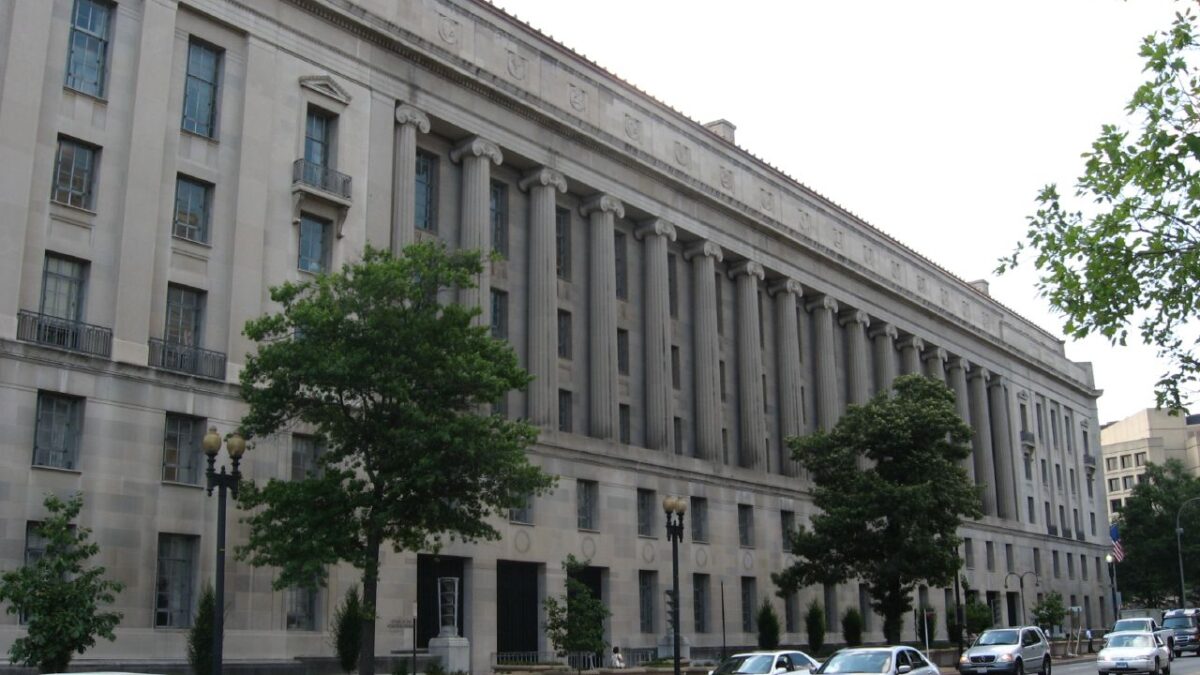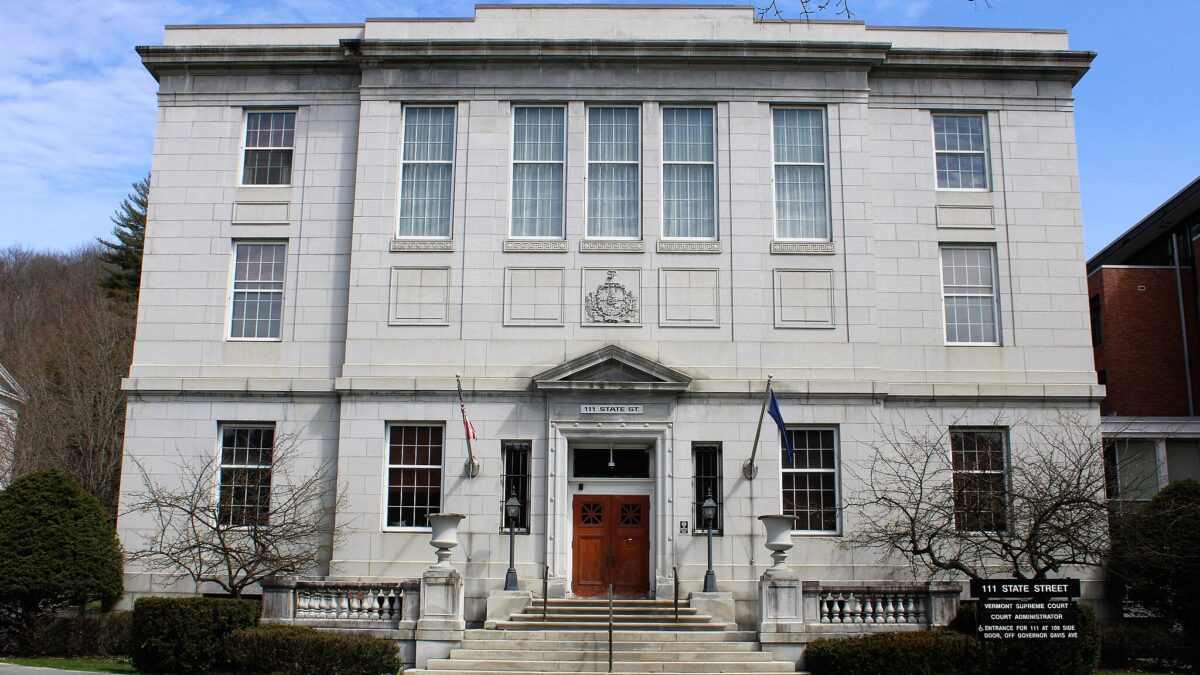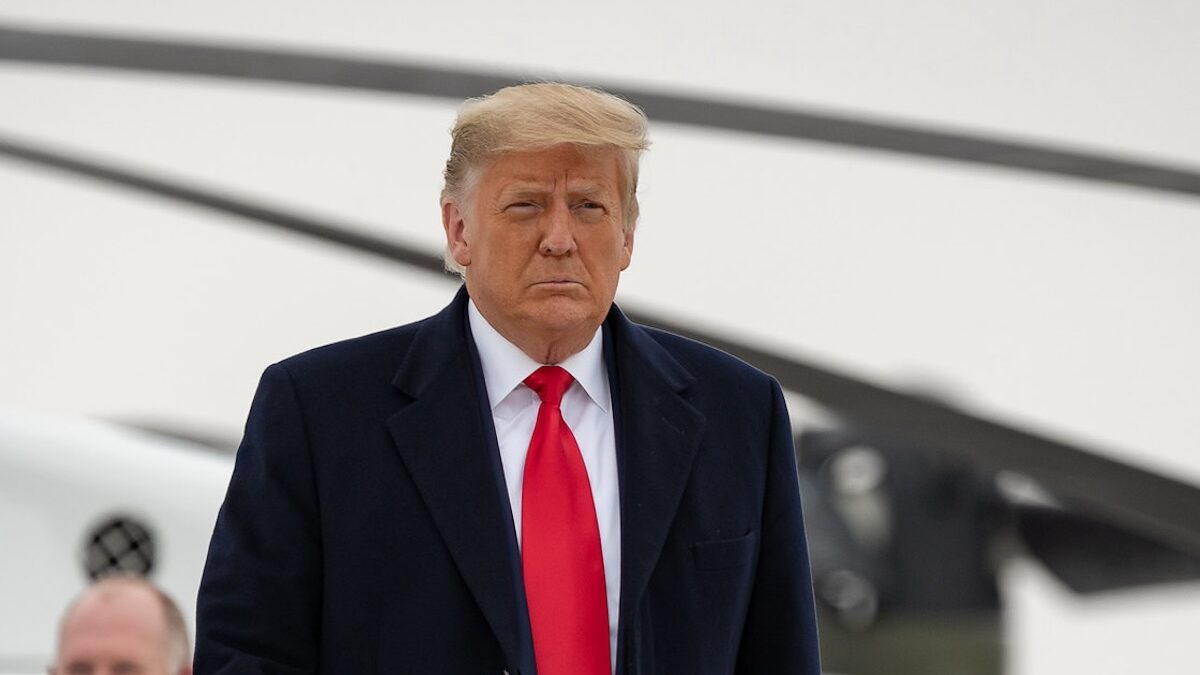
On Wednesday, a dozen Republican senators along with more than half the Republican members of the House will raise a formal objection to Joe Biden electors during the Electoral College count certification. They will object over concerns about election integrity following widespread allegations of voter fraud, reports of irregularities in the counting of absentee ballots, and documented violations of election law in several battleground states.
The corporate media have with one voice denounced these Republicans and dismissed their concerns as nothing more than the ravings of partisans obsessed with peddling conspiracy theories and currying favor with Donald Trump. Chuck Todd of NBC News declared Sunday that “not a single court has found a single instance of fraud” — an assertion precisely no one believes, not even Todd himself.
Yet that’s been the media’s mantra — that there is “no evidence” of voter fraud or irregularities, none whatsoever. We are all supposed to pretend that 2020 was the first election in American history that was clean as the driven snow.
Speaking to Sen. Ron Johnson, one of the senators planning to object Wednesday, Todd even claimed the only reason tens of millions of Americans question the integrity of the election is because Republicans have been sowing doubt. In a particularly appalling moment, even for Todd, he accused Johnson of using his committee “to create the illusion of voter fraud.”
Elsewhere in the corporate press, Sens. Josh Hawley and Ted Cruz and all the other Republicans planning to lodge an objection on Wednesday have been vilified as “seditionists.” George Will called them the Constitution’s “most dangerous domestic enemies.” Even conservative outlets such as National Review have criticized the GOP lawmakers, rather disingenuously claiming the allegations of fraud and irregularities “aren’t so different from those that fueled Democratic doubts about the outcome in Ohio in 2005.”
An Abundance of Evidence
But here’s what all these strident denunciations are missing: There really was evidence, lots of it, that voter fraud and illegal electioneering took place on a massive scale in the November election.
I’m not talking about exotic theories that voting machines controlled by communists in Venezuela and China switched millions of Trump votes to Biden (a convenient straw-man the corporate media constantly slays). I’m talking about old-fashioned, mundane stuff: people voting twice, dead people voting, cash-for-votes schemes, election workers ignoring state laws about the counting of absentee ballots, and courts changing the rules and deadlines for absentee ballots at the last minute. Much of it was perpetrated by Democratic political machines in places like Philadelphia and Detroit — cities infamous for corruption and election-rigging.
We at The Federalist reported on it. We talked to poll challengers in Michigan who witnessed election workers counting ineligible absentee ballots and not allowing GOP observers to do their jobs. We talked to political insiders and volunteers in Philadelphia who described an election system thoroughly compromised by a corrupt Democratic machine.
We chronicled an illegal scheme to bribe Native American voters on tribal lands in Nevada and Arizona with cash cards, electronics, and other “prizes” in exchange for votes. We reported on changes to mail-in voting in multiple battleground states, including Georgia, rammed through by state legislatures or issued by fiat from bureaucrats and judges, that made it easier to cheat with fraudulent or ineligible absentee ballots.
Read the full story here https://t.co/imRVcvg39E pic.twitter.com/4qRqUPOHE1
— The Federalist (@FDRLST) November 9, 2020
Some of this was made possible by the often haphazard — and sometimes unlawful — expansion of absentee voting and extensions of absentee voting deadlines, all under the pretext that COVID-19 justified radical changes to how we vote (it didn’t). The result, in some states, was what amounted to a chaotic experiment in mass mail-in voting.
Dozens of states made changes to absentee voting, some more drastic than others. Nine states along with Washington, D.C., took the extraordinary step of mailing actual ballots to every voter on the rolls. Others did away entirely with eligibility requirements for mail-in ballots, introducing “no-excuse” absentee voting. Still others introduced novel procedures for “curing” incomplete absentee ballots that would normally be thrown out.
The corporate press ignored all of it, just as they ignored any story that might have hurt Biden during the campaign. Their goal was and is to get Democrats elected, period. They don’t care about being fair, or telling the truth, or keeping their readers informed about reality. If they did, they would have reported on this stuff instead of lumping it all together as so many conspiracy theories.
The Importance of Trustworthiness
That brings us back to the Republican lawmakers who will object to the Biden electors on Wednesday. In a joint statement issued over the weekend, 11 senators and senators-elect noted that the extent of fraud in the 2020 election is disputed but that “the allegations of fraud and irregularities in the 2020 election exceed any in our lifetimes.” As a result, large numbers of voters don’t trust the election results. The statement cites a November Reuters/Ipsos poll that found 39 percent of Americans believe the election was “rigged,” included a whopping 67 percent of Republicans.
While the formal objections of these lawmakers won’t change the outcome of the election or stop the Electoral College’s certification of the count, the senators’ call for a bipartisan election commission at least acknowledge that we have a serious problem on our hands when this many Americans don’t have confidence in our elections, and that something needs to be done about it. Democrats and corporate media, by contrast, refuse to acknowledge we have a problem — at least not this time, because they won.
A commission along the lines of what the senators are proposing isn’t the solution. I’m not sure anyone knows what the solution is in a country where national elections are conducted differently from state to state, even county to county. But to paraphrase Frédéric Bastiat, the best way to ensure voters trust the results of our elections is to make our elections trustworthy.
Until we do that, every national election from here on out will be a crisis.









